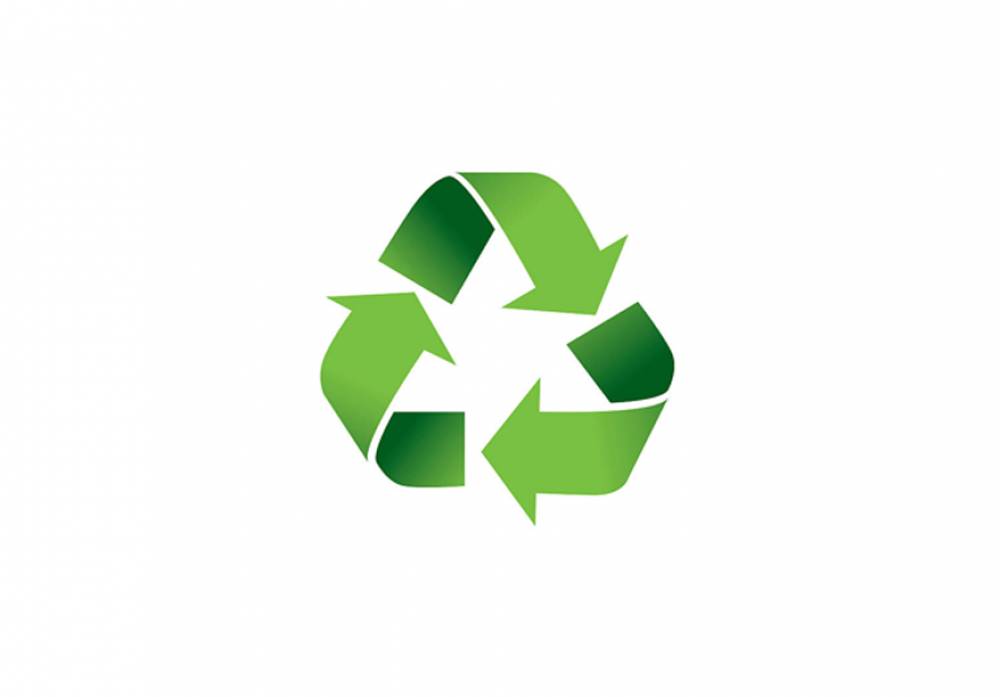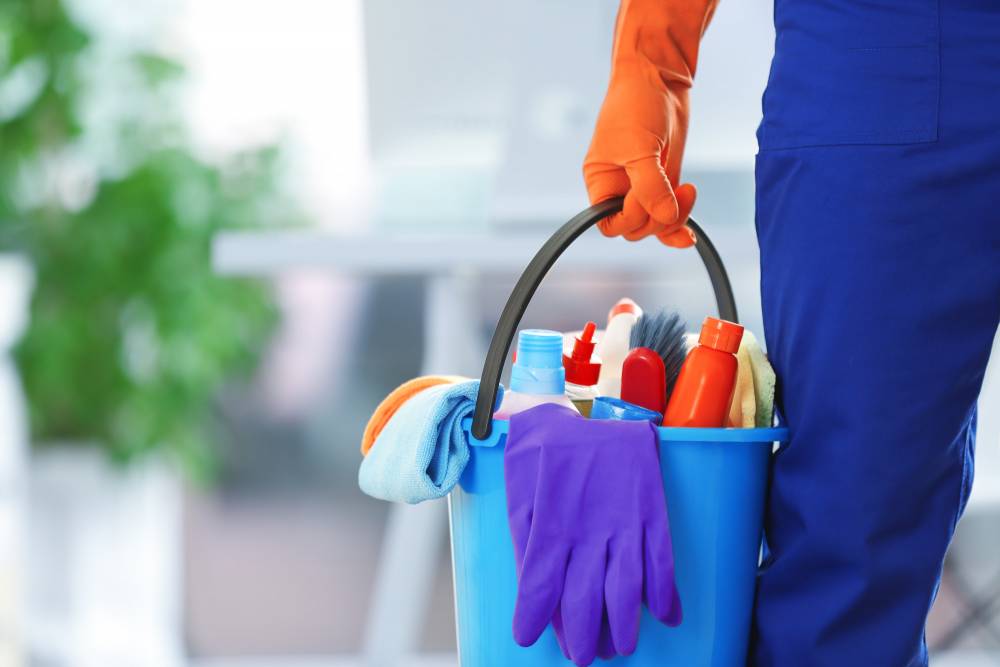
We've all heard that recycling is important numerous times, but why? Why is recycling so vital? This guide will explain the importance of recycling.
Why Should You Recycle?
Recycling helps renew materials or products that have fulfilled their original purpose. Globally, up to 75 percent of all waste can be repurposed and recycled. What's more, recycling is immensely impactful when done right.
Examples of commonly recyclable materials include plastics, paper, metals, and glass. Garments, electronics, batteries, and biodegradable waste also fall into this category.
Recycling is a sure way of extending the usefulness and life of used items. It is also part of the golden sustainability rules (recycle, reuse and reduce).
The importance of recycling is also to improve people's livelihoods and health. This process also helps save the energy needed to manufacture new things.
How We Help the Government When We Recycle
Governments across the globe incur billions of dollars reducing waste materials. When you recycle, you reduce the pressure exerted on natural resources. The government gets to allocate more funds to environmental conservation products.
There’s an alarming concern regarding the high energy consumed by manufacturing processes. As more people are going green, recycling can make this shift more effective. Countries will have high energy savings due to the reduced reliance on fossil fuels.
Most waste management processes involve incineration, which releases toxic gases into the atmosphere. When you recycle, there will be less need to burn waste products.
What happens if Garbage isn’t Separated Properly?
Before you recycle waste, you have to sort it out and alienate the recyclable items carefully. The recycling efficiency will significantly decrease if waste isn't sorted.
Separating garbage poorly may also result in the recyclable materials getting contaminated. When contaminated, the items may attract disease-causing pests.
Toxic non-recyclable items may pose health and safety risks when they get to landfills. They risk contaminating the soil, water, and in some cases, air.
What are the Most Common Things Produced from Recycling?
Plastic waste materials are used to make carpets, backpacks, and sleeping bags. What's more, you can have brooms, ropes, shopping bags, and storage containers made from them. Recycled plastic foam packaging helps produce picture frames, new foam packaging, and insulators.
When recycled, old newspapers can make paperboards, construction paper, and building insulation. They can also make paper plates, countertops, and kitty litter.
Ready to Take Action?
You can get started with recycling by separating garbage in your home. Inviting your friends or family members to take part in this process may benefit the environment. All in all, the key to a sustainable life lies in proper waste handling.
Need more insightful advice on how you can save the planet for the next generations? We offer knowledge on the best cleaning practices to keep the environment waste-free. Send us a message to learn more about what we do today.





